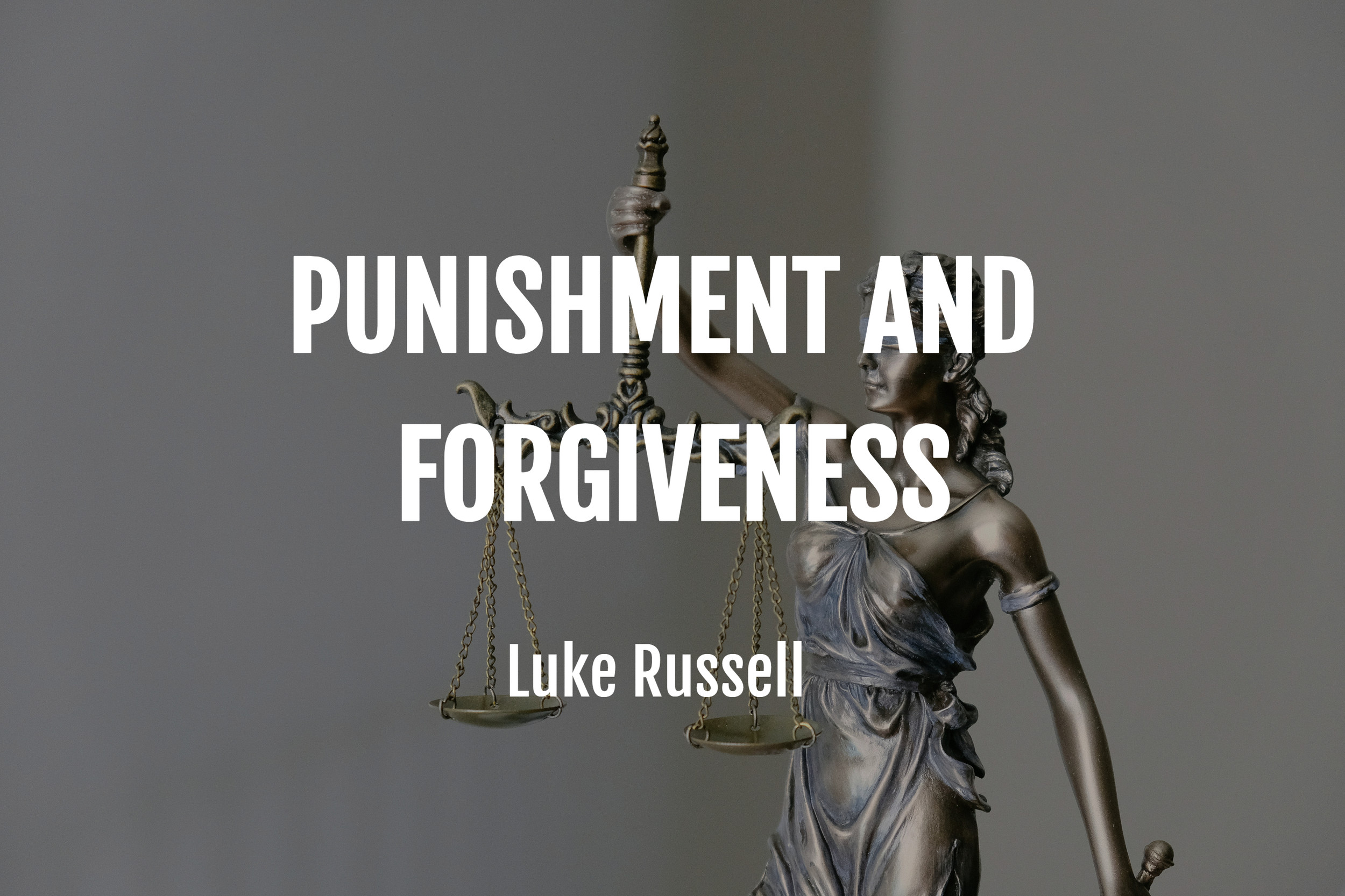
"Recall that, according to our provisional definition of forgiveness, the victim who forgives thereby withholds any further resentment, blame, punishment, and revenge from the wrongdoer. Whether we ought to advocate for unconditional forgiveness seems to depend on whether those negative responses to the wrong - resenting, blaming, punishing, and exacting revenge - have morally important work to do, whether sometimes a victim needs to deploy these tools in order to protect herself and others from being victimised again."
"For example, Martha Nussbaum and Glen Pettigrove think that resentment is frequently counterproductive and is never required, and that the most virtuous people do not resent those who wrong them. In contrast, Charles Griswold and Myisha Cherry contend that some victims are entitled to feel resentment, and that their resentment helps them to achieve a just outcome and to deter the wrongdoer from repeating the offence."
Unconditional forgiveness involves withholding resentment, blame, punishment, and revenge from the wrongdoer. The moral case for unconditional forgiveness depends on whether those negative responses sometimes perform important functions, such as protecting victims and deterring future offences. Some philosophers, including Martha Nussbaum and Glen Pettigrove, claim that resentment is often counterproductive, never required, and that the most virtuous people do not resent those who wrong them. Other philosophers, including Charles Griswold and Myisha Cherry, argue that some victims are entitled to resentment because it can help achieve just outcomes and deter repeat offences. Social and political movements have at times mobilized righteous anger for change.
Read at The Philosopher
Unable to calculate read time
Collection
[
|
...
]